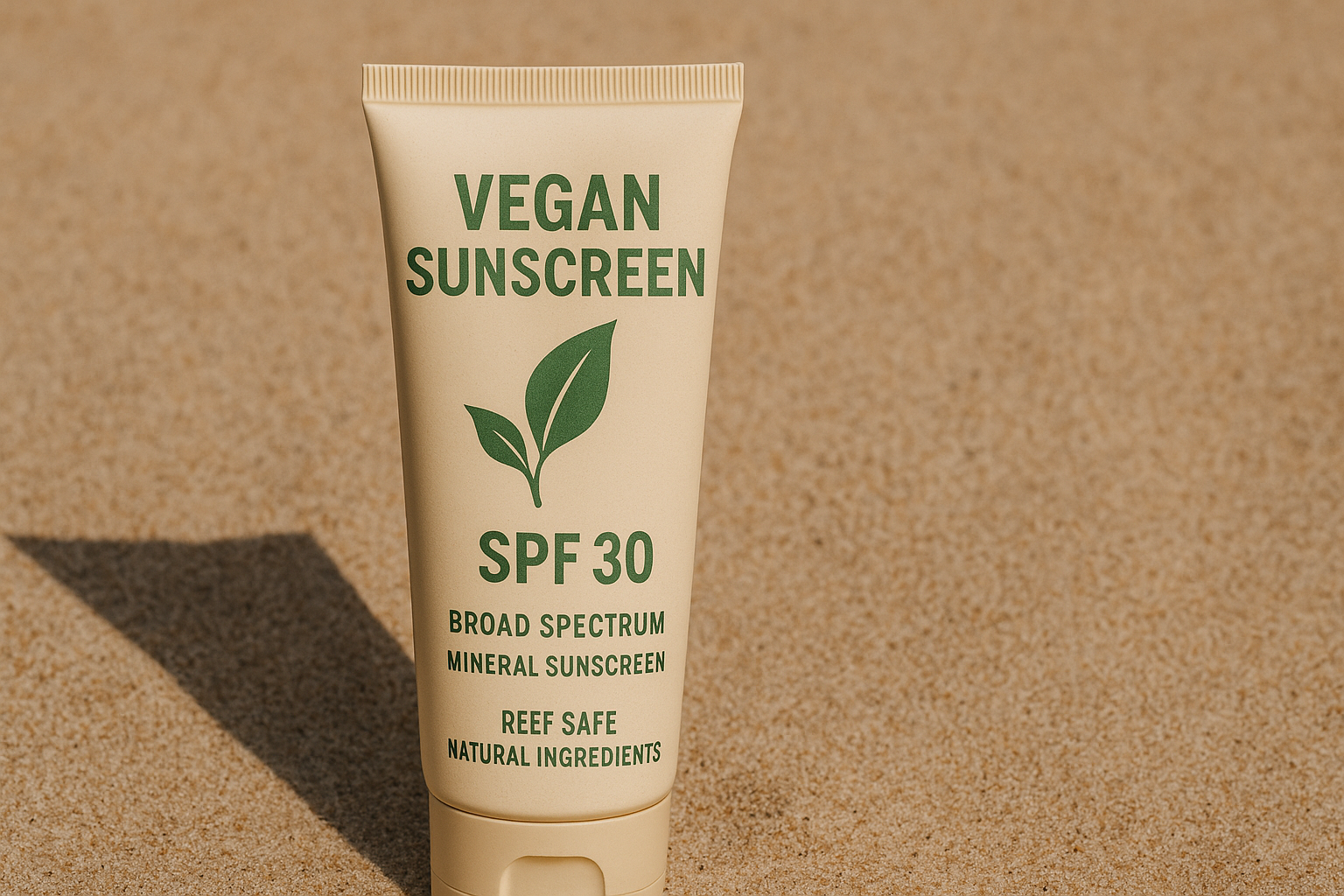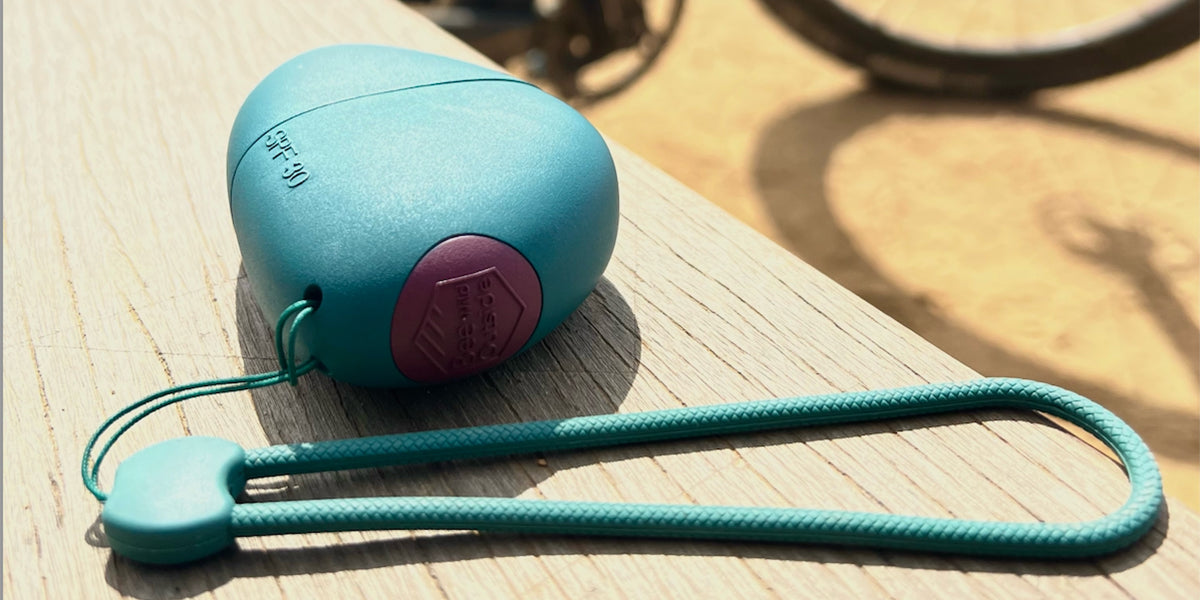
The Problem with Vegan Sunscreen
Written by Alexandra Merlino
How much do you really know about your vegan sunscreen?
“Did you put on your sunscreen?”
How many times have you heard that question and kept walking? That was me, until the day my dermatologist called with a positive test result for a basal cell carcinoma, the most common form of skin cancer. Turns out my long sleeves, hat, and shades weren’t enough protection.
The skin cancer diagnosis proved I had to become more serious about sun protection and introduce sunscreen to my daily routine.
It seems like an easy fix, but I have high standards for my products, so choosing a sunscreen is a complicated process.
Here are some of the decisions you need to think through:
- Formula – mineral or chemical
- Health – Is any of this stuff safe for my body?
- Environment – reef safe, ocean safe
- Application – lotion, spray, stick, gel
- Protection – SPF
- Coverage – UVA/UVB
- Cruelty-free or vegan
The essential products in my daily skincare routine need to align with my core values, so I opted for a vegan formula, thinking this label would provide me with a sunscreen that is safe for my body, with no animal ingredients, that is cruelty-free, and kind to the environment. What I found were three glaring contradictions.
Contradiction #1: Vegan and cruelty-free are not interchangeable.
Vegan describes the ingredients and means that a product does not contain any animal-derived ingredients such as honey, beeswax, lanolin, etc.
Cruelty-free refers to the testing process and not the ingredients.
Vegan products can be tested on animals, and cruelty-free products can be made with animal products.
Takeaway: I’m looking for a sunscreen that’s both vegan and cruelty-free.
Contradiction #2: Just because it’s vegan doesn’t mean it’s good for you or the environment.
Vegan sunscreens can be chemical-based. This means that the active ingredients (the ones that protect you from the sun) in chemical sunscreens can be hazardous to both you and the environment.
The biggest offender is a common sunscreen ingredient called oxybenzone. It’s been linked to the destruction of coral reefs and is a hormone disruptor in both animals and humans.
Many other troubling chemical compounds are found in U.S.-made sunscreens, like Octinoxate, Homosalate, and Octisalate, often at toxic levels.
This raises huge health and environmental concerns.
In 2019, the FDA reported that only two ingredients—zinc oxide and titanium dioxide—could be classified as safe and effective, both of which are found in mineral sunscreens.
Takeaway: I want my sunscreen to be a mineral formula that is vegan and cruelty-free. READ THE LABELS for hidden chemical ingredients dangerous to me and the environment.
Contradiction #3: The packaging, stupid!
Most vegan sunscreens are sold in plastic tubes or containers. Plastic pollution has a direct and deadly effect on wildlife. If by choosing vegan you are against using animal products and animal cruelty, it’s time to rethink buying products in plastic containers.
If you're like me and looking for a sunscreen that is vegan, cruelty-free, and kind to the environment, the container must be zero-waste (meaning either compostable or reusable glass or tin containers—NO plastic, unless it’s returnable).
Takeaway: A vegan, cruelty-free, mineral sunscreen in zero-waste packaging is what I want.
For a thoughtful consumer, selecting a sunscreen can be a complex decision. I’ve narrowed the parameters of my search to a vegan, cruelty-free, and mineral formula sunscreen that comes in a zero-waste container. My first stop is the Environmental Working Group guides on sun care products.
If you find a product that you love and it comes in a plastic container, consider emailing, direct messaging, or calling the company to ask about their plans to transition to zero-waste packaging. Your voice matters—don’t be afraid to use it!
Resources Worth Sharing:
Environmental Working Group: https://www.ewg.org/sunscreen/ – Guides on beauty and sun care products.
Litterbase: https://litterbase.awi.de/ – Summarizes 2,788+ scientific studies on marine litter in global maps and figures.
Samantha L. Schnieder MD and Henry W. Lim MD (Henry Ford Hospital): Review of environmental effects of oxybenzone and other sunscreen active ingredients


